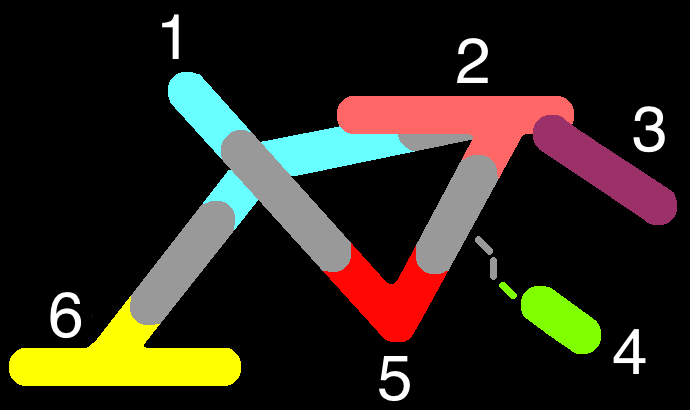Genetics: In travelling light the Y chromosome has passed on crucial genes to partners

The Y chromosome has lost many of its genes during evolution but a study now shows that some of the essential Y genes are not lost but merely relocated to other chromosomes.
The findings published in Genome Biology could explain an important genetic factor in male infertility.
The human X chromosome contains over a 1000 genes while the Y chromosome has a mere 78. During the 300-million-year evolution from non-sex chromosomes, the X chromosome has retained 98% of its genes, but the Y held on to a mere 3%.
However, the genes retained by Y chromosome in humans and mammals are the essential ones and those lost have not been lost permanently, proves the study.
Indeed, the genes that have survived on the Y chromosome are extraordinarily long-lived and likely serve important biological functions.
Lead author Jennifer Hughes from the Whitehead Institute, USA, said: "Now we've revealed four genes that have been lost from the Y chromosome and rescued by moving to other chromosomes. For the first time, we show that this has occurred in humans, as well as in a diverse range of other mammals. These relocated genes have hung around the genome because they are indispensable for normal development."
The study suggests that genes moving from sex chromosomes to autosomes is widespread among mammals, including humans.
Using family trees constructed from evolutionary records of species divergences, the team at Whitehead Institute identified four genes that have moved between chromosomes. One of this the EIF2S3 gene is a crucial player in the early steps of sperm production.
Unlike in rodents where it is found on the Y chromosome too, in humans it has moved out but is being 'backed up' with a copy in the X chromosome and one on an autosome (non-sex chromosome).
In extreme cases like the Ryukyu spiny rat, found in a single island in Japan, the Y chromosome has disappeared completely, with many of its genes moving to either the X chromosome or autosomes.
In fact, the autosomal copy showed increased activity in the testis compared to other tissues, suggesting an essential role in sperm production, and a possible genetic factor in male infertility.
The four genes that were identified as having moved from the Y chromosome play key roles in protein synthesis and degradation within mammalian cells.
The team found eight separate cases in different species where these genes moved from sex chromosomes to autosomes.
Jennifer Hughes adds: "This research adds new complexities to our understanding of the role of sex chromosomes, genes and sex-specific characteristics, which warrant further investigation."
High quality sex chromosome sequences from more species will need to be generated to study the effect of loss of Y genes on genome evolution.
Even the few remaining genes on Y may not have a role in sex determination but could be contributing to differences between the genders in development and susceptibility to diseases, researchers suspect.
What are chromosomes?
Chromosomes are long aggregates of genes made up of proteins and DNA. Every human cell contains 23 pairs of chromosomes, in which one pair is the sex chromosome.
The sex chromosomes are the X chromosome and the Y chromosome. The Y chromosome is present in males, who have one X and one Y chromosome, while females have two X chromosomes.
© Copyright IBTimes 2025. All rights reserved.





















